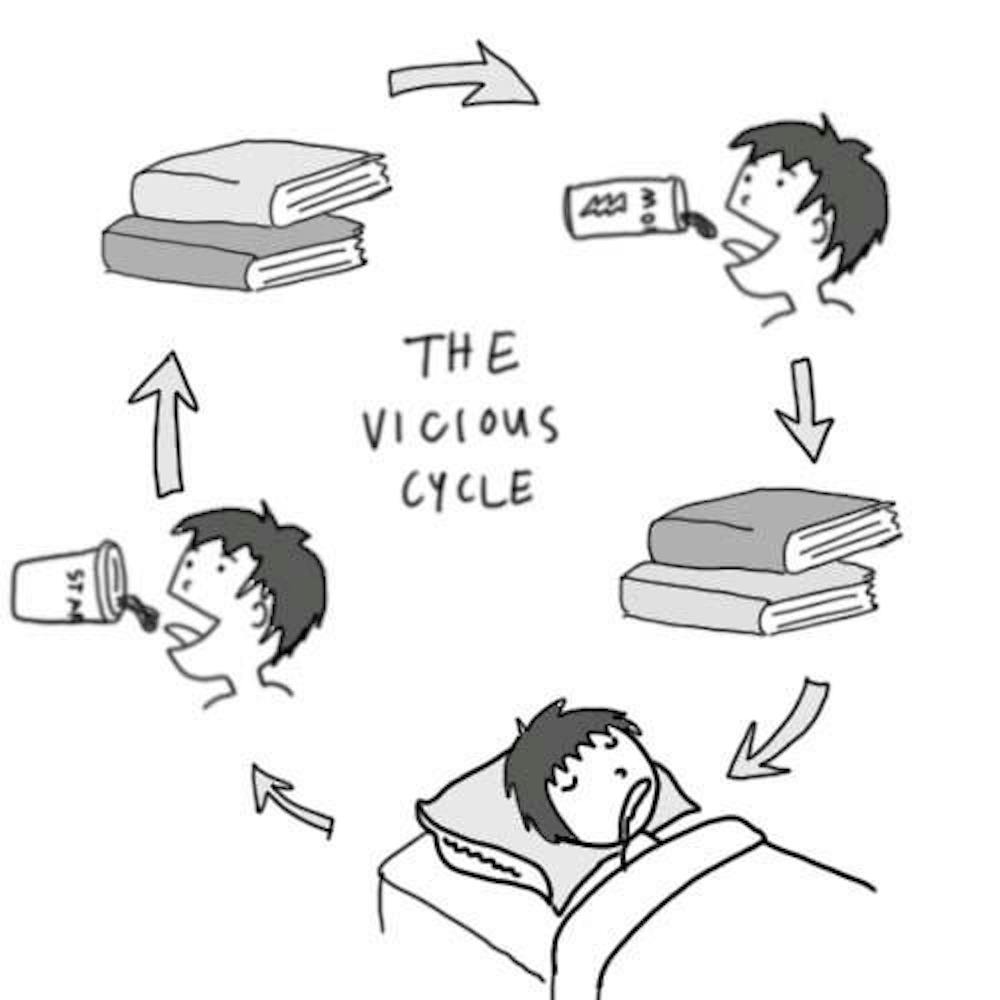The smart Trick of Caffeine - Alcohol and Drug Foundation That Nobody is Discussing


This Author of a Book on Mind-Altering Drugs Thinks So - Inc.com"/>The Truth About ADHD and Addiction
The Only Guide to Is Caffeine Addiction Dangerous? - Castle Craig Hospital

Tiredness. Trouble focusing. Nausea. Muscle pain. Irritation. In basic, the more caffeine you are utilized to consuming, the more serious the withdrawal symptoms are likely to be. Symptoms of withdrawal begin 12 to 24 hours after the last caffeine consumption and can last two to 9 days. Caffeine can be a helpful tool for an adult who requires aid waking up and concentrating.
Don't utilize caffeine too much or you could become reliant or have insomnia or headaches. Otherwise, enjoy that coffee or chocolate!.
Caffeine is a natural Stimulant found in coffee, tea, energy beverages, soft drinks, over-the-counter medications, and weight-loss aids. It is the most typically used Psychoactive drug on the planet and has physically and emotionally addicting qualities. Caffeine withdrawal is even recognized as a medical condition by the American Psychiatric Association (APA).
Energy Drinks Addiction Information - UK Rehab - An Overview
Aid is out there Connect to a dedicated treatment supplier and learn how you can develop the life you desire. right Effects Of Caffeine Light to moderate intake is thought about safe and might even provide some health advantages, such as increased alertness and fewer symptoms of anxiety. On the other hand, Caffeine functions as a Central Nervous System (CNS) Stimulant that straight affects brain cells and can cause numerous unfavorable side effects.

Quitting Caffeine the Headache-Free Way – Cleveland Clinic
Its results can last between 3 and 9 hours, depending on the amount taken in. The chemical structure of Caffeine looks like that of a molecule called adenosine, which has a peaceful effect on the brain and can trigger tiredness. When taken in, Caffeine fits into adenosine receptors in the brain, blocking them and avoiding adenosine from binding to them.
250 to 300 mg of Caffeine a day is considered a moderate quantity. An average 8-ounce cup of coffee contains around 100 mg, which is adequate to increase alertness, concentration, and resting metabolic rate. Consuming more than 10 cups of coffee a day is thought about excessive and can lead to Caffeine poisoning.
Not known Details About How to Kick Your Caffeine Dependence for Good - Time
Symptoms of overuse consist of: Uneasyness Flushed facial skin Increased urine production Intestinal problems Irregular heartbeat Muscle twitching and shaking Sleeping disorders Anxiety If somebody suspects they have overdosed on Caffeine, they need to call a local poison nerve center to figure out whether hospitalization is required. Mixing alcohol with Caffeine can increase the effectiveness of negative effects from both and can cause agitation.
